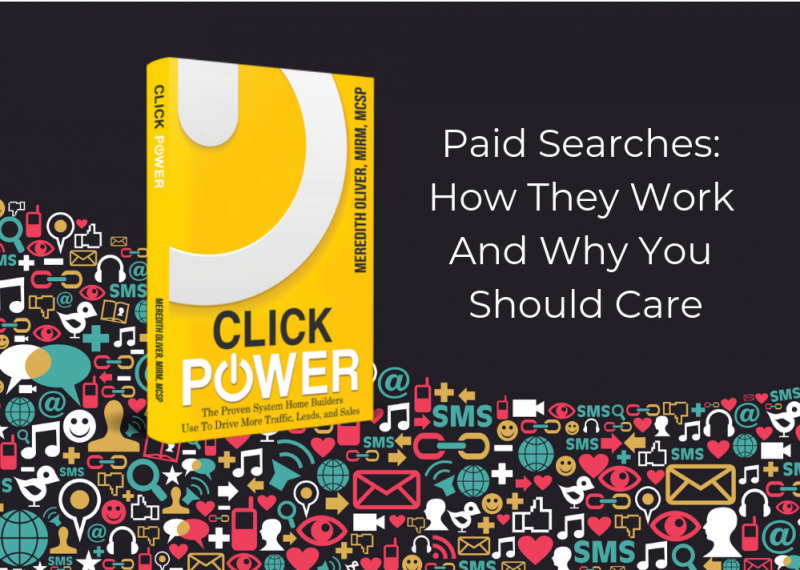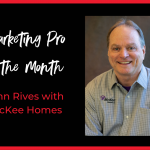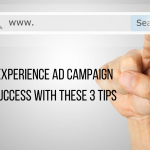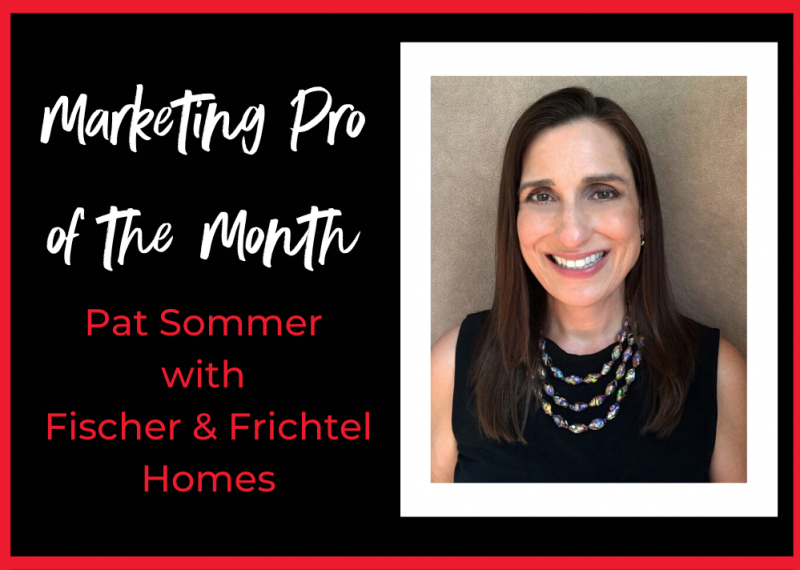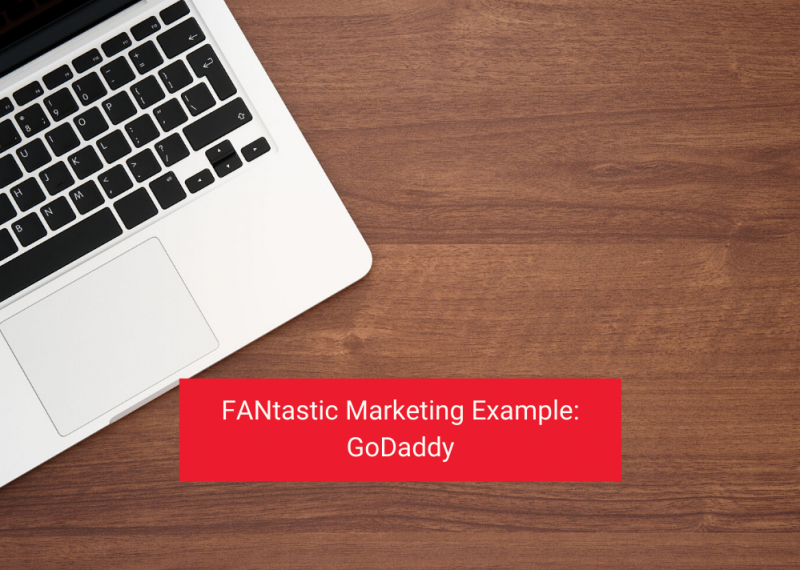Paid Searches: How They Work And Why You Should Care
March 19, 2019Which is better, SEO or Paid Search? This is a question asked over and over by our clients. And the answer is simple: It really depends on your goals. If you want a fast, easy, DIY option, then Paid Search (aka: Google AdWords, SEM, Pay-Per-Click) is the best one for you. If you don’t like the idea of paying for each visit to your site, bid prices increasing over time, and you are patient, then SEO is probably the better choice. Of course, nothing says you can’t do both and many companies do. But today we’re going to go a bit more in-depth on Google Paid Search Marketing—and why you might want to consider it.
Here’s how Google Paid Search works. For each query or search, there are approximately three to four paid search ads at the top of the search results and two to three paid search ads at the bottom of the search results. The paid search ads at the top of the page receive more clicks than those at the bottom of the page. How do you get your ad at the top of the page? Google ranks paid search ads based on two main factors: 1) The maximum bid for that phrase/query plus 2) The quality score of the ad.
Let’s look at each factor. Think of paid search ads like an e-Bay auction. Bid amount is determined by the amount of competition for a particular phrase (think supply and demand). For example, let’s say you are interested in bidding on “New Home For Sale in Orlando”. The more ad accounts bidding on this phrase the higher the cost per click. If someone clicks on your ad, the bid amount is debited from your account. You can limit your exposure by placing a maximum spend amount per twenty-four-hour period. If you bid $2.00 per click for the keyword phrase “New Homes For Sale in Orlando” and you set a $10.00 per day spend limit, then after five clicks, your ad is removed until the following day.
The second factor that determines the rank and cost of your paid search ads is the quality score per ad. Google assigns a quality score to each paid search ad based on:
- Relevance of keyword to ad group
- Landing page quality and relevance
- Relevance of ad text
- Click-through rate
- Overall ad account performance
The quality score is designed to ensure advertisers are penalized for creating click-bait ads that generate a lot of traffic but are frustrating to the end-user. If you pursue that tactic, you will pay big money for it. Google prefers advertisers create targeted, niche ads that create a positive user experience (highly relevant) to the person searching.
The key to Paid Search is to find highly targeted keyword phrases that are affordable per click and highly searched. A phrase that costs only ten cents per click may seem like a bargain, however, if only five people searched it last month, you won’t receive much traffic to your website. The keyword strategy and the quality score are where professional paid search management experts can really help maximize your return on investment. Like SEO, Paid Search requires ongoing maintenance and monitoring.
Did you enjoy this blog? Then download Click Power by Meredith Oliver! It’s a comprehensive, digital marketing how-to guide that will help you sell more homes and make more money.
Related Posts:
Categorised in: Advertising, Digital Marketing

